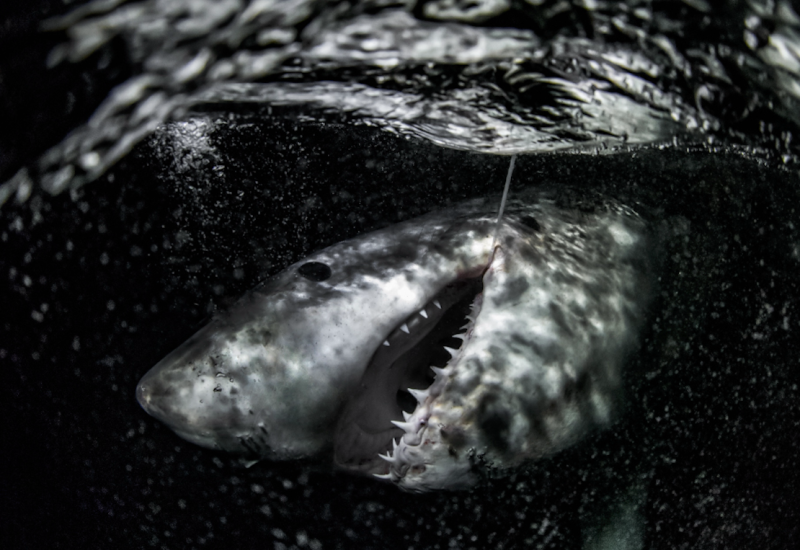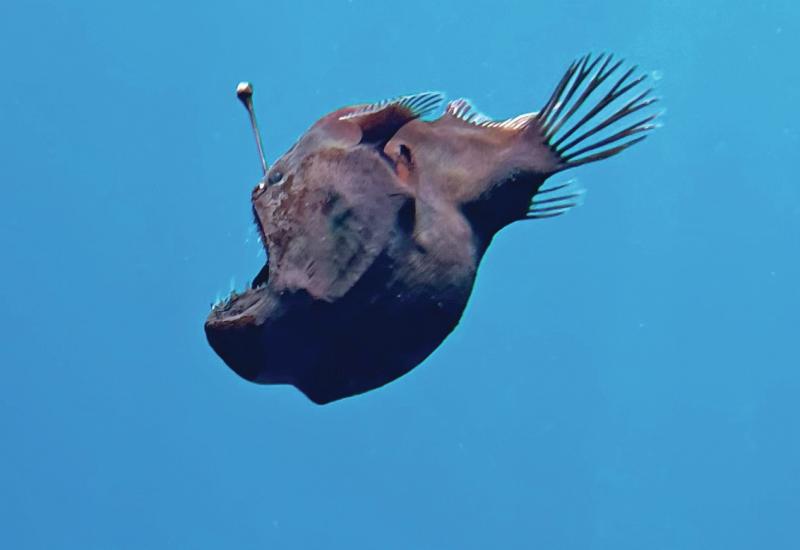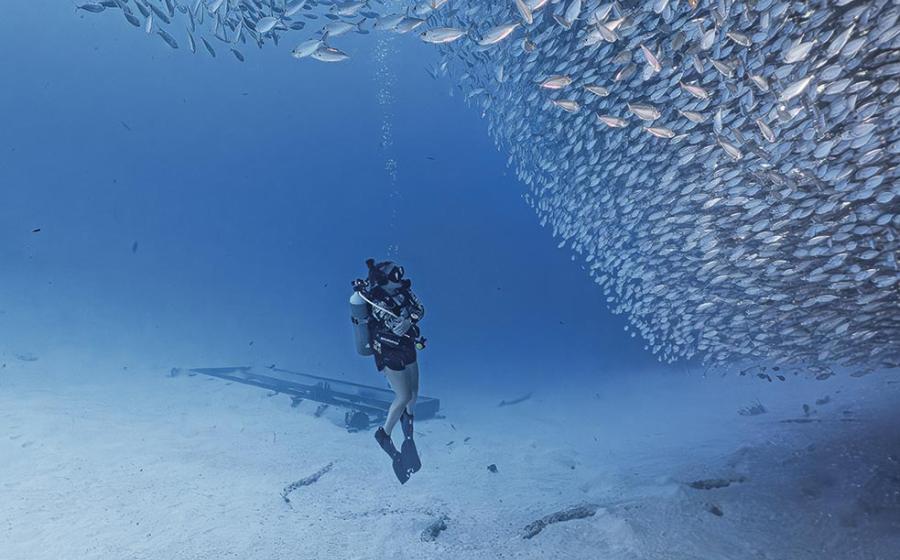Can the Critically Endangered Vaquita Be Saved?

Thomas A. Jefferson/Viva VaquitaThe tiny vaquita porpoise is threatened by illegal fishing in the Sea of Cortez.
^^N^^ine. About nine vaquita porpoises remain on the planet, according to conservation group Viva Vaquita at the time of press. This 4- to 5-foot-long porpoise, the world's smallest, exists only in the Sea of Cortez, and probably not for much longer. As the animal’s habitat becomes increasingly threatened, divers might have to accept that they will never encounter this species, distinguishable by its rounded face with black markings around the eyes and mouth, giving it a cartoonish appearance.
Its survival is linked to the totoaba, a silvery relative of the drum fish roughly the same size as the vaquita. Illegal totoaba fishing is thought to be responsible for the steep decline in the vaquita’s numbers: More than 80 percent vanished between 2008 and 2015, just as appetites in China and Hong Kong fixated on the totoaba’s swim bladder. Totoaba poachers in the Baja Peninsula use gill nets—vertical walls of filament line that indiscriminately entangle and trap everything, including vaquitas, that crosses paths with the nets. “If they used a different type of fishing gear—such as hook and line—there would be no problem at all,” says Juan Carlos Cantú, Mexico’s director of programs for the conservation group Defenders of Wildlife.
But because capturing the totoaba—itself an endangered species—is illegal, the methods used to fish for it can’t be regulated. Even if the law were changed, activists say it wouldn’t be enough to save the vaquita. “When you are deal ing with the illegal trade of any species, legalizing it will not decrease the illegal trading of the animals, but would likely increase it,” Cantú says. “Sometimes when you legalize the illegal trade, all that serves to do is cover up the illegal trade.” There is, as he sees it, just one solution.
“The only way to attack illegal trade is to attack the demand,” he says, adding that public service campaigns in China and Hong Kong could deter demand. “But that takes decades.”
The future for the vaquita looks grim. It’s a species that has only been recognized since the 1980s, and even then, the numbers of the animal were small. The problem was further compounded by the fact that the animal is elusive, shying away from the sound of boat motors.
“For a long time, even government authorities thought the animal was a myth,” Cantú says. When the species was finally acknowledged in the ’90s, Mexican fishing authorities refused to allow stricter regulations for the animal to survive.
If efforts had been established then, the vaquita’s story might have had a different ending. As recently as 10 years ago, the vaquita population was stable at around 1,000 to 1,500 animals. But no such protections were put in place. It wasn’t until 2010 that the Mexican government initiated conservation measures, including creation of a few small sanctuaries for the porpoises. By then, surging prices for totoaba bladders undermined what little protection existed.
Cantú says organized crime rings trading in totoaba swim bladders have taken over fishing communities in the area. Workers for nongovernmental organizations trying to remove gill nets from the Sea of Cortez, such as Sea Shepherd, have been threatened with violence.
“Operation Milagro is currently our most dangerous campaign,” says Capt. Paul Watson of Sea Shepherd’s efforts in the area. For the past five years, the group has been a fixture in the vaquita sanctuaries, seizing some 950 nets. The remaining vaquitas haven't been tagged, which means tracking so few in a 61,776-square-mile area is near impossible, especially with a lack of funding.
“It’s going to be difficult for a few decades for scientists to say when the vaquita is extinct,” Cantú says. But it will likely happen. “This should be a wake-up call not only for Mexicans, but for the whole world,” he says.










